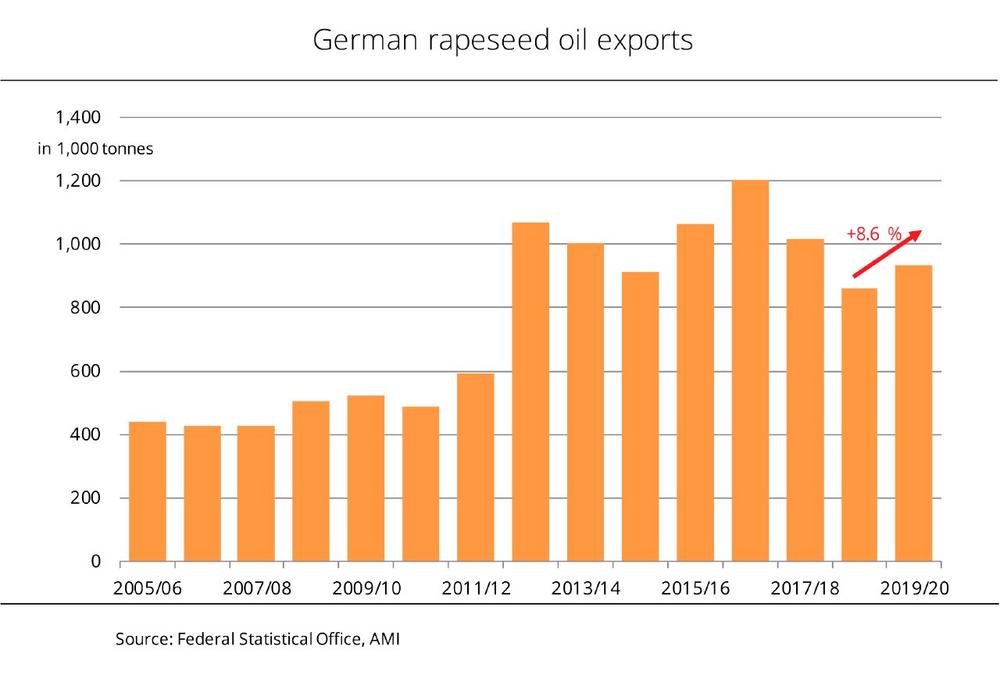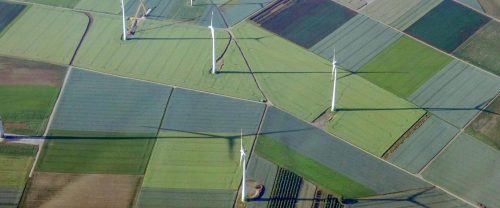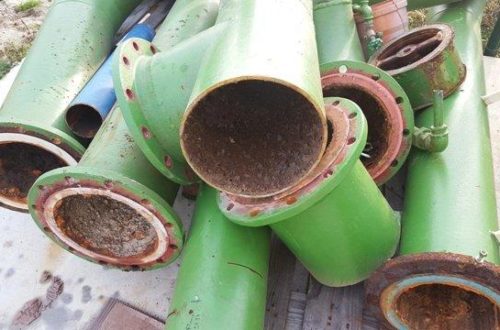
Rapeseed oil exports rebounded
German rapeseed oil exports increased in the 2019/20 crop year, following a significant decline over two consecutive years. The peak level recorded in the 2016/17 crop year, of more than 1.2 million tonnes of rapeseed oil exports, was not reached. However, 935,000 tonnes translate to a respectable 8.6 per cent increase over the previous year.
The by far largest recipient country of rapeseed oil in 2019/20 was the Netherlands, (542.500 t,/ + 10,3%) which acts as a central hub for a great number of agricultural commodities. The country was followed by Belgium, Denmark, France and Norway as the most important destinations for German rapeseed oil. Belgium purchased around 95,000 tonnes from Germany (+ 11 per cent), whereas Denmark imported 60,700 tonnes (+ 21 per cent). Although shipments to France declined, the country remained a major market for Germany, with purchases amounting to 49,300 tonnes (- 12 per cent). Norway received substantially more than a year earlier, whereas Poland purchased substantially less. The drop in rapeseed oil exports in the years 2017 to 2019 have often been associated with tighter feedstock supply, lower levels of rapeseed processing and the resulting reduction in rapeseed oil output. However, if this were the case, the decline in exports would have continued in 2019/20, which it did not.
The Union zur Förderung von Oel- und Proteinpflanzen (UFOP) has said that the reason is the German biodiesel industry’s importance as the primary recipient of rapeseed oil. The sector is the backbone of German rapeseed processing of more than 9 million tonnes per year, although production facilities are not utilised to capacity.
UFOP has indicated that the exports of rapeseed oil that is certified as sustainable could also be used in Germany to decarbonise fossil transport fuels and, consequently, to satisfy greenhouse gas reduction obligations in the transport sector. But only if the reduction obligations would be raised accordingly. UFOP has called for an adequate increase in greenhouse gas reduction obligations to put an end to "exporting" this potential out of the country.
The association has stressed that the German government must incorporate a gradual raise of GHG reduction obligations in the implementation of the revised Renewable Energy Directive (RED II) at national level, as it has been repeatedly called upon to do by the agricultural and biofuels industries.
The Union for the Promotion of Oil and Protein Plants e. V. (UFOP) represents the political interests of companies, associations and institutions involved in the production, processing and marketing of domestic oil and protein plants in national and international bodies. UFOP supports research to optimise agricultural production and for the development of new recycling opportunities in the food, non-food and feed sectors. UFOP public relations aim to promote the marketing of domestic oil and protein plant end products.
UFOP – Union zur Förderung von Oel- und Proteinpflanzen e.V.
Claire-Waldoff-Str. 7
10117 Berlin
Telefon: +49 (30) 2359799-40
Telefax: +49 (30) 2359799-99
http://www.ufop.de
GF
Telefon: +49 (30) 31904434
E-Mail: s.arens@ufop.de
![]()





